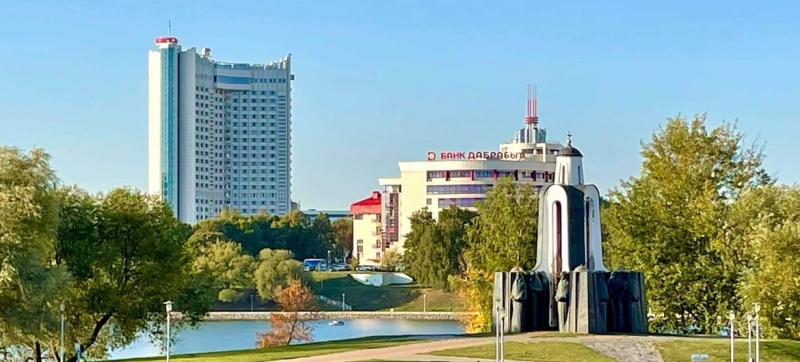
In the photo: the center of Minsk, the capital of Belarus. Belarus: UN experts are concerned about the new law on freedom of conscience and religious organizations Human rights
UN experts have expressed serious concern about recently adopted amendments to Belarusian legislation on freedom of conscience and the activities of religious organizations, which contradict Belarus’ obligations under international law.
The Law “On Amendments to the Laws on the Activities of Religious Organizations” was adopted by the Upper House of the National Assembly of the Republic of Belarus and signed by the President in December last year. Even at the stage of consideration of the amendments by the Belarusian parliament, experts sent an official letter to the Belarusian authorities, expressing concern about a number of provisions of the bill, which still remains unanswered.
“Provisions on mandatory registration unjustifiably restricts the right to freedom of thought, conscience, religion and belief,” said the UN experts, emphasizing that these amendments contradict Article 18 of the International Covenant on Civil and Political Rights.
The law introduces mandatory state registration of all religious organizations and requires existing organizations to undergo re-registration within a limited time frame.
Experts said the law imposes extensive government control over religious education and literature. It states that religious education, religious literature or any other materials with religious content should not contradict “the generally recognized traditional values of the Belarusian people and the ideology of the Belarusian state.”
“We are concerned that “that the vague language contained in the law may encourage arbitrary decisions and create an atmosphere of intimidation of religious leaders, communities or activities considered objectionable by the authorities,” the experts said.
Experts recalled that, according to publicly available data, since August 2020, more than 70 clergy and religious leaders have been harassed, forced into exile, or subjected to other forms of pressure for allegedly political reasons.
“The law appears to be aimed at further strengthening the state’s comprehensive control over all aspects of the existence of religious communities, which could have serious consequences for the enjoyment of freedom of religion or belief, freedom of peaceful assembly and association, as well as other human rights in the country “, the experts said.
Independent experts are appointed by the UN Human Rights Council. They work on a voluntary basis and are independent of any government or organization. They act in a personal capacity, are not UN employees and do not receive a salary from the Organization.
